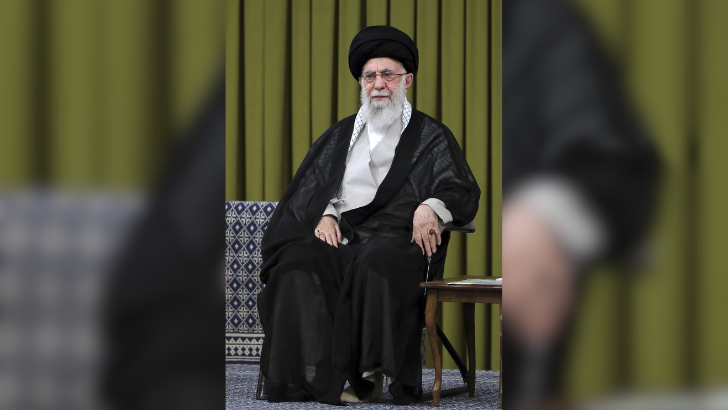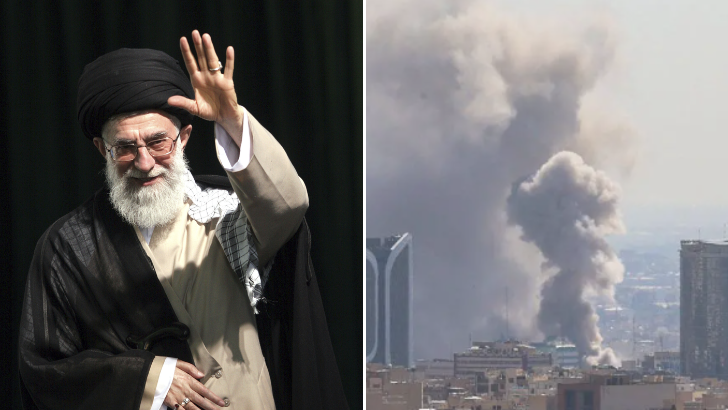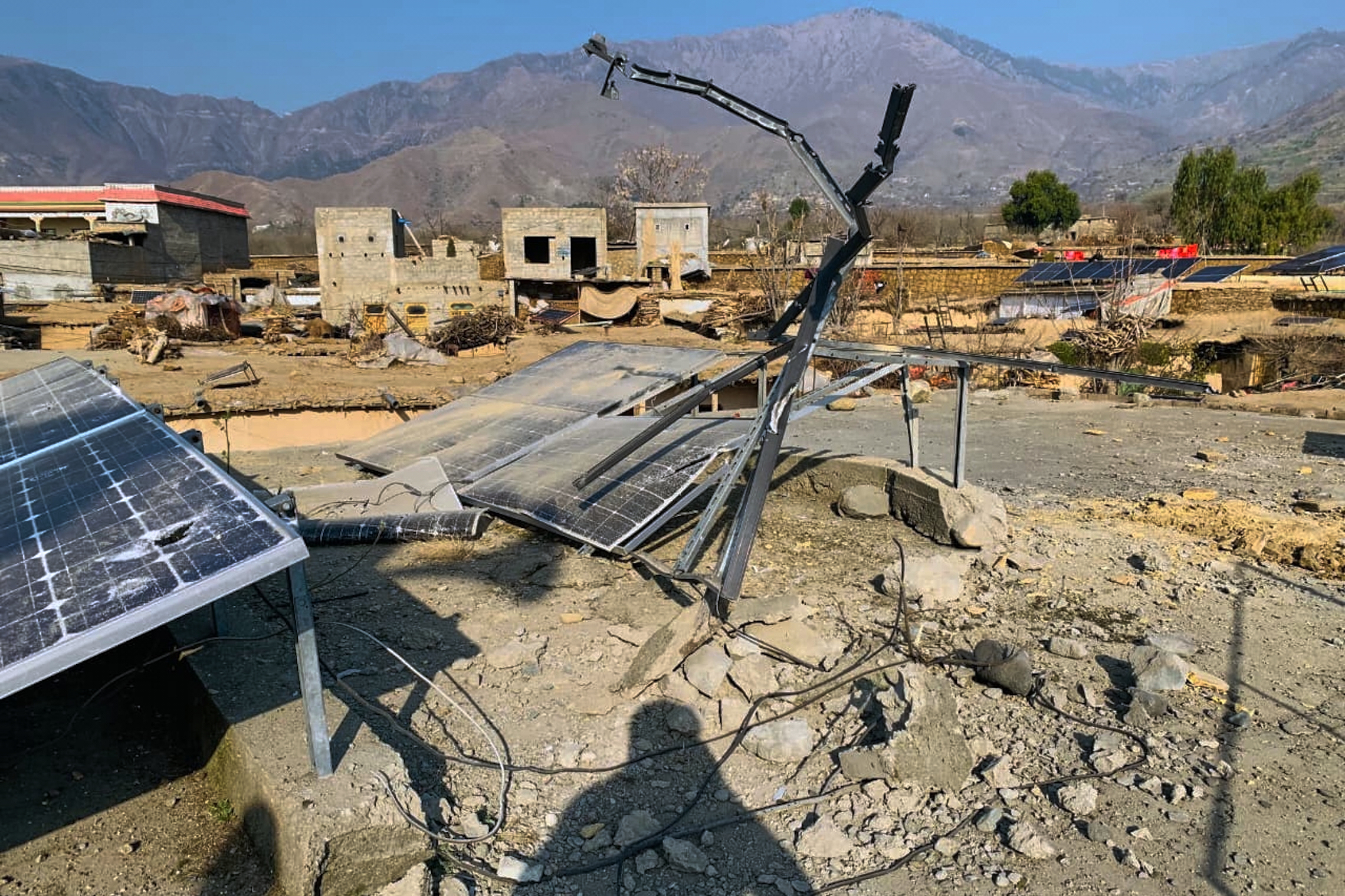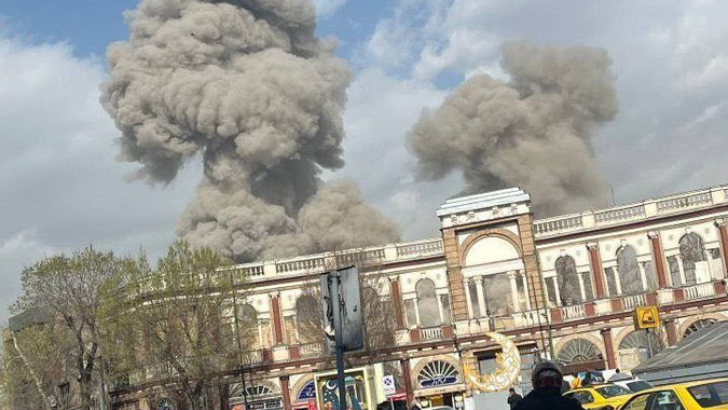US China deal sealed rare earths in exchange for 55% tariff
US and China agree on new trade deal involving rare earth minerals amid concerns over Xinjiang-linked forced labour supply chains
PTI
-
US President Donald Trump with Chinese leader Xi Jinping
Washington, 11 June
President Donald Trump announced Wednesday that the United States will get magnets and rare earth minerals from China under a new trade deal and that tariffs on Chinese goods will go to 55 per cent.
In return, Trump said the US will provide China “what was agreed to,” including allowing Chinese students to attend American colleges and universities.
Several global brands are at risk of using forced labour through their Chinese supply chains because they use critical minerals or buy minerals-based products sourced from the far-western Xinjiang region of China, an international rights group said Wednesday.
The report by the Netherlands-based Global Rights Compliance says companies including Avon, Walmart, Nescafe, Coca-Cola and paint supplier Sherwin-Williams may be linked to titanium sourced from Xinjiang, where rights groups allege the Chinese government runs coercive labour practices targeting predominantly Muslim Uyghurs and other Turkic minorities.
The report found 77 Chinese suppliers in the titanium, lithium, beryllium and magnesium industries operating in Xinjiang. It said the suppliers are at risk of participating in the Chinese government's “labour transfer programmes," in which Uyghurs are forced to work in factories as part of a long-standing campaign of assimilation and mass detention.
Commercial paints, thermos cups and components for the aerospace, auto and defence industries are among products sold internationally that can trace their supply chains to minerals from Xinjiang, the report said.
The report came as China and the US, the world's two largest economies, said that they have agreed on a framework to get their trade negotiations back on track after a series of disputes that threatened to derail them.
The two sides on Tuesday wrapped up two days of talks in London that appeared to focus on finding a way to resolve disputes over mineral and technology exports that had shaken a fragile truce on trade reached in Geneva last month.
Leave a Reply
Your email address will not be published. Required fields are marked *








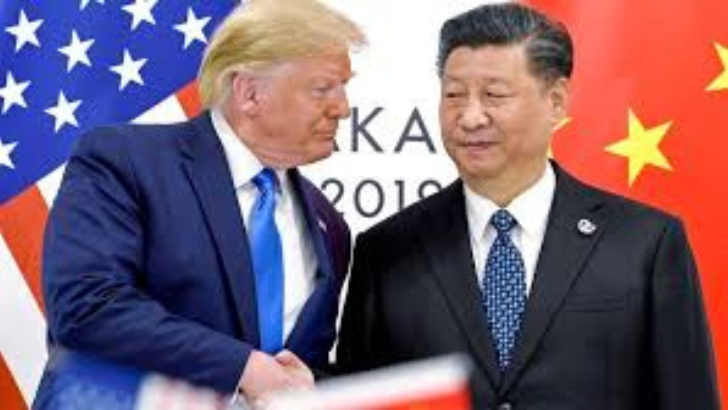


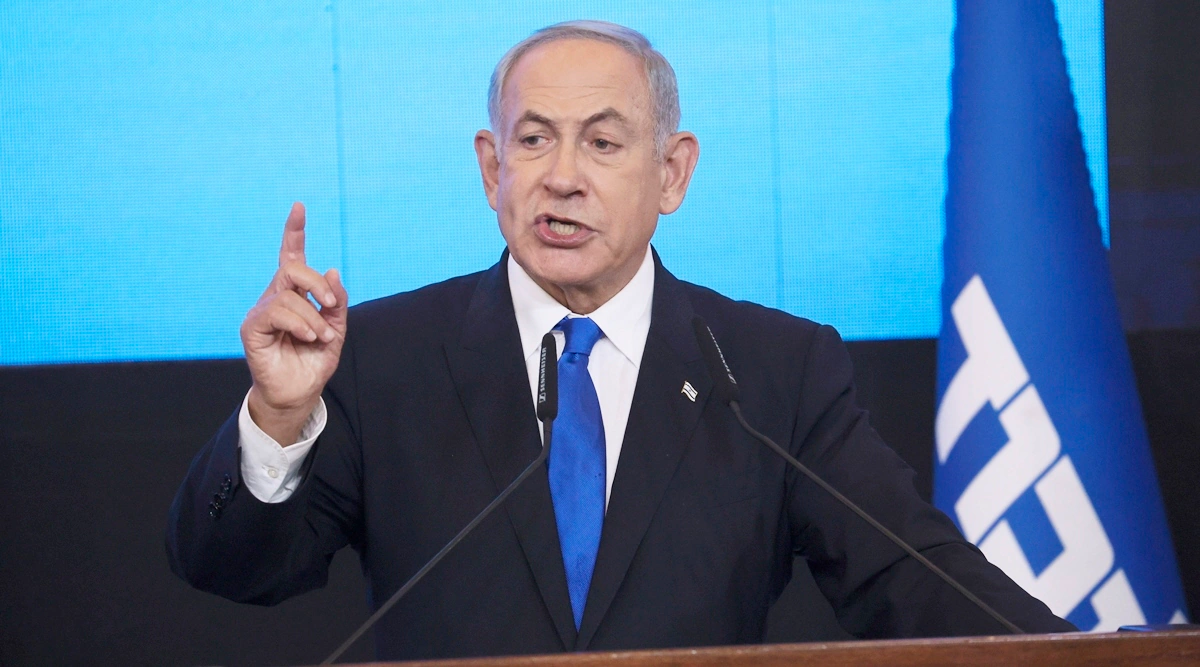
.jpg)


